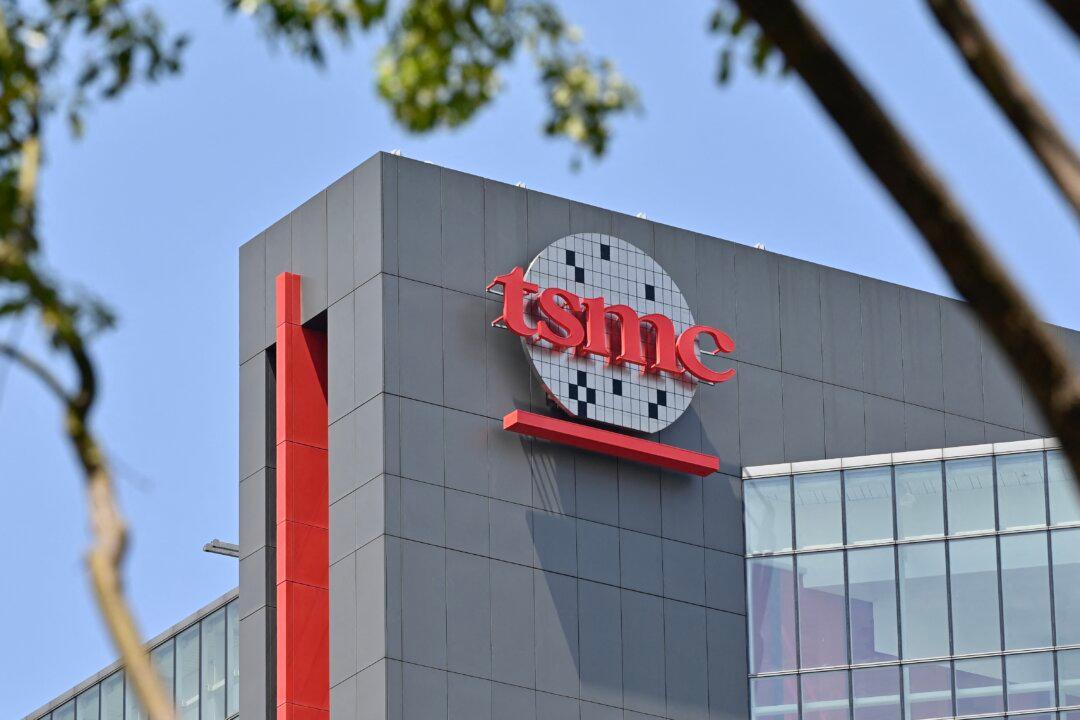Chip giant Taiwan Semiconductor Manufacturing Company (TSMC) recently announced its plan to add new production lines in its existing plant in Nanjing, China. However, an expert in China’s telecom industry penned an article to express his opposition, claiming that China may not obtain the technology it desires from TSMC, and Chinese companies will face more competition.
On April 22, TSMC convened an ad hoc board of directors meeting and approved an investment of $2.887 billion to install new production lines for 28-nanometer (nm) chips at its Nanjing plant in China, expecting mass production at a monthly output of 40,000 units by 2023, according to Taiwan’s Liberty Times.





